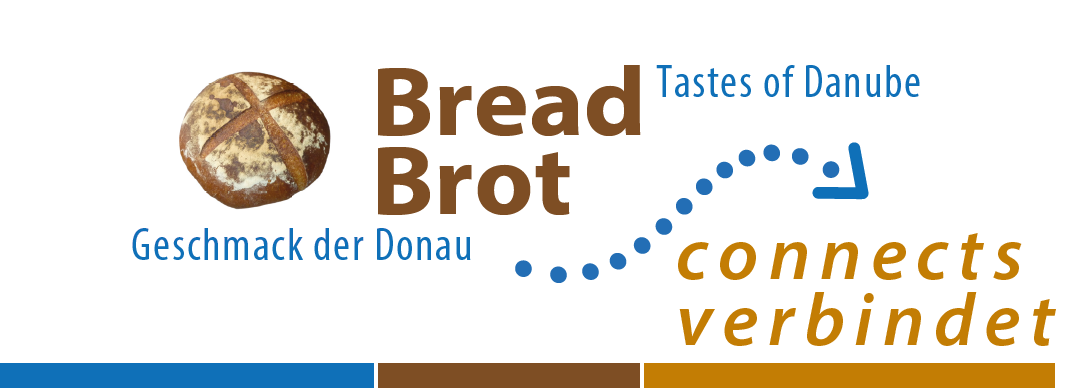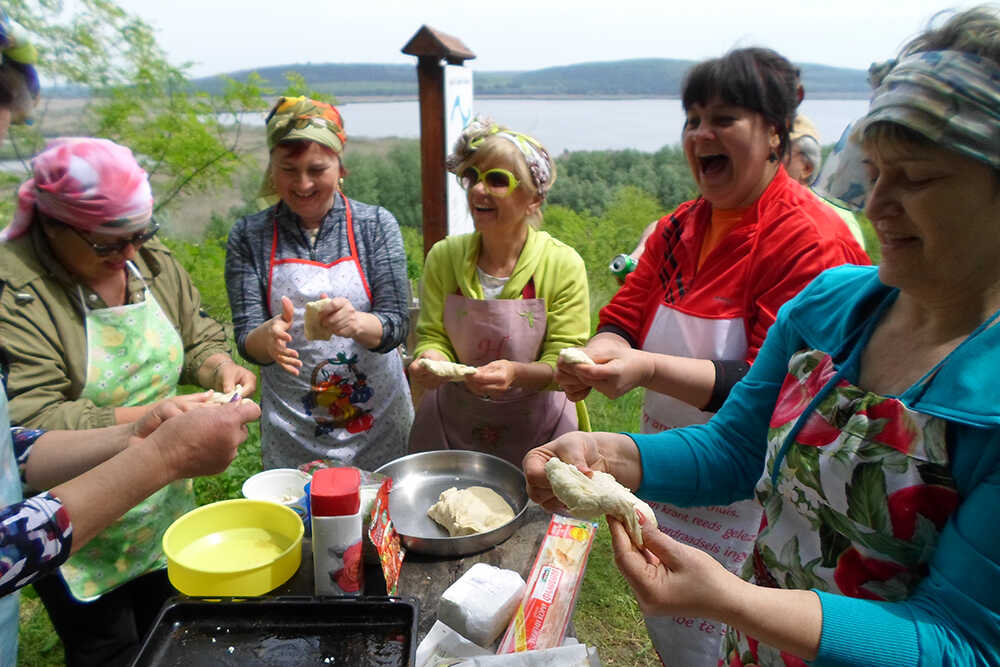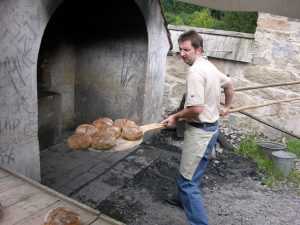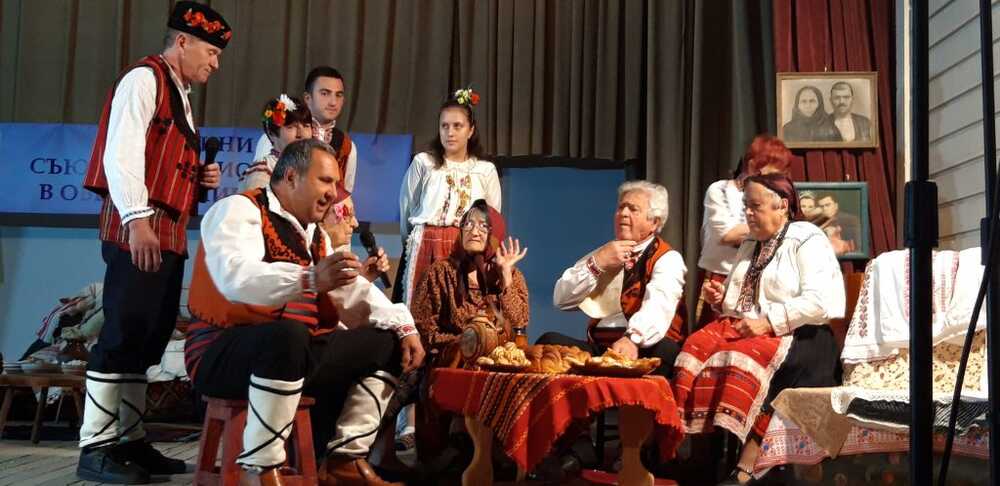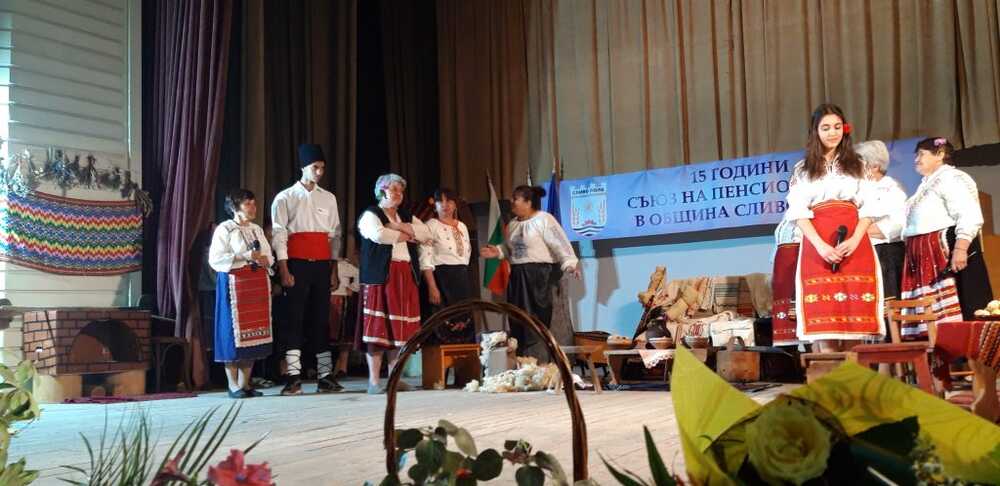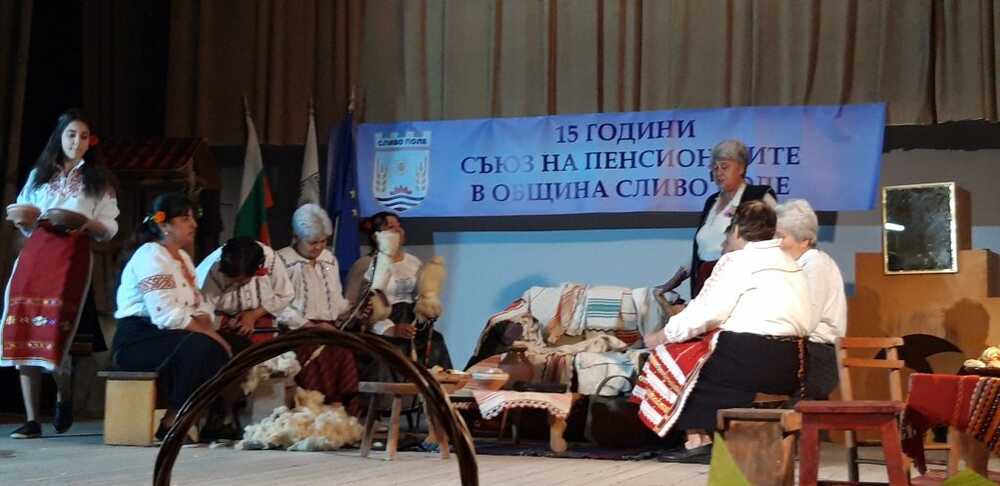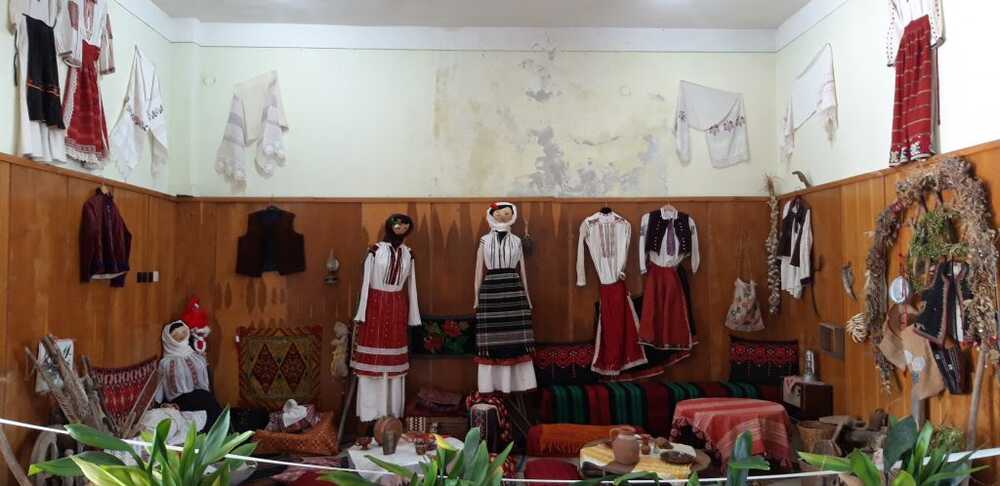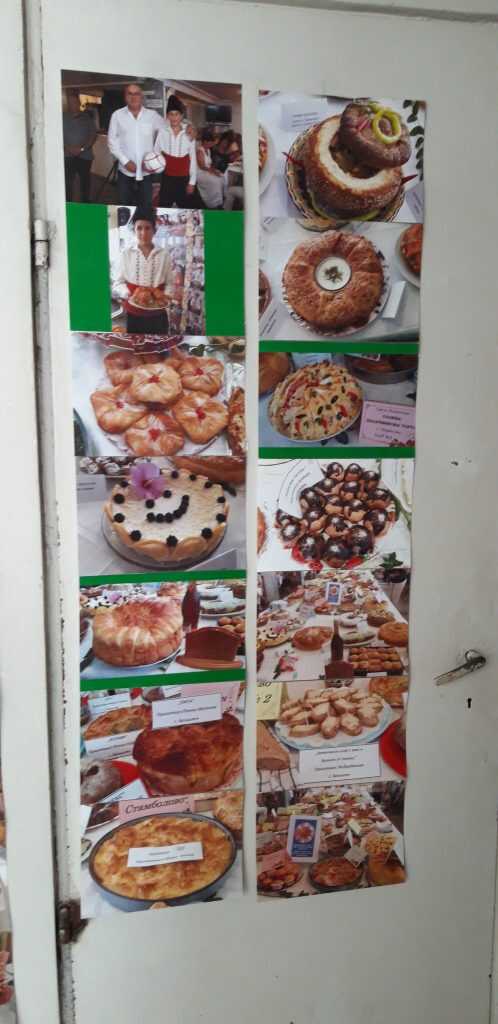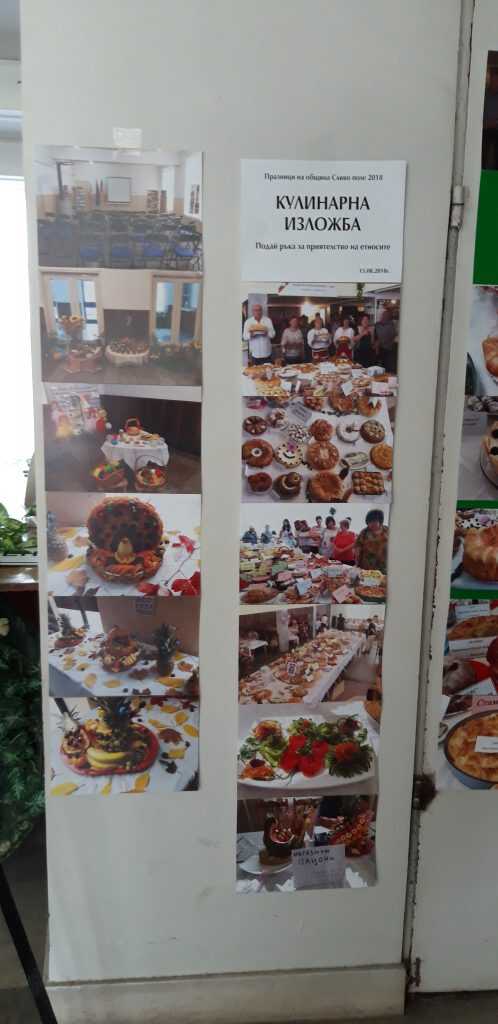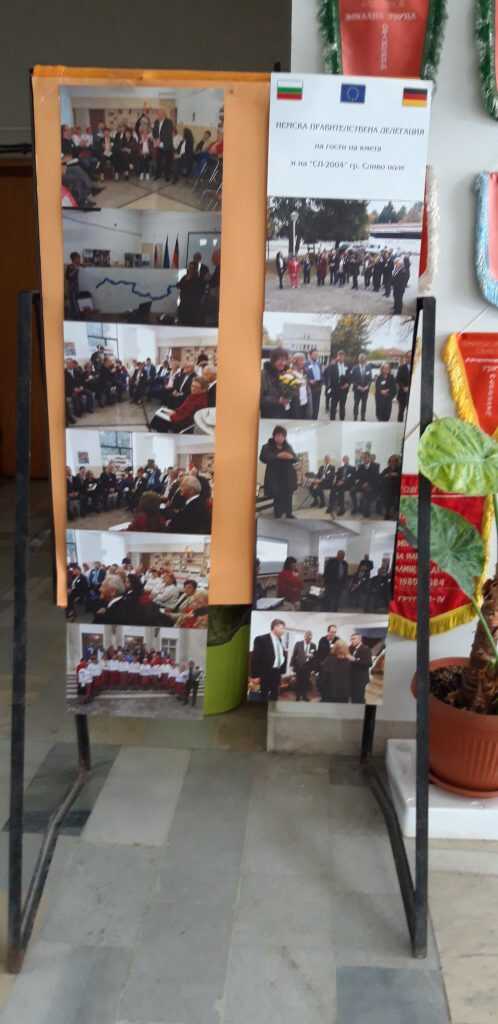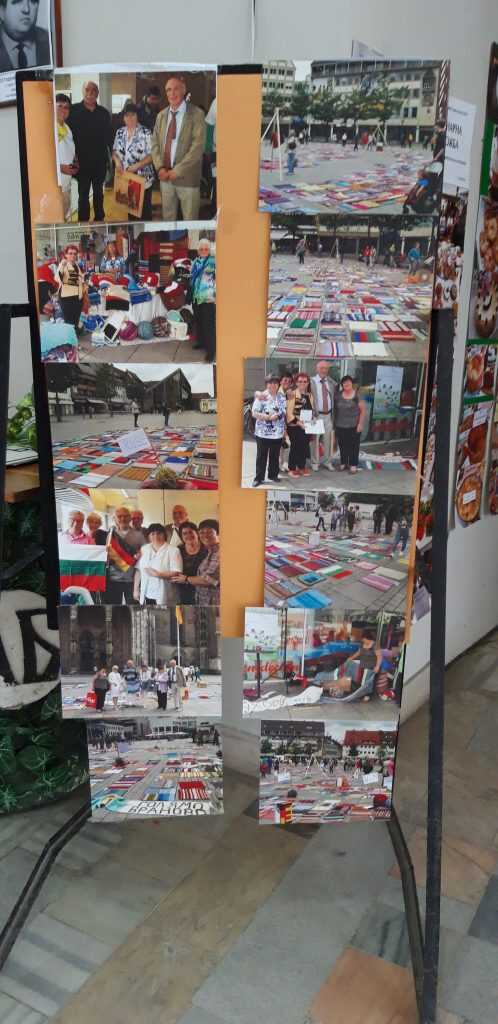A nice festival was celebrated on 9th of May 2019 in Slivo Pole, district Ruse, Bulgaria. The occasion was the 15th anniversary of the founding of the Union of Pensioners 2004 in the municipality of Slivo Pole, which includes 12 villages with more than 20 pensioner clubs. The volunteer chairpersons of the clubs were honored, but especially mayor Valentin Anatasov and social worker Veska Uzenova, who is responsible for senior citizens’ community work. Seven clubs with more than 100 participants from all ethnic groups from all over the municipality of Slivo Pole presented a varied program around the Bulgarian bread culture.
The mayor of Slivo Pole, Valentin Atanasov, the governor of the district Ruse, Galin Grigorov, and Rector of the University of Ruse, Prof. Hristo Beloev and Prof. Emilia Velikova, as well as other personalities were at this festivity. Carmen Stadelhofer, as coordinator of the education network Danube-Networkers and chairwoman of the international association “Danube-Networkers for Europe” (DANET), congratulated and wished all the best for the future.
Mayor Valentin Atanasov said in his speech how much he appreciates the activities of the pensioner clubs and confirmed to continue his support. He mentioned how how grateful he is for their work in the region, that the older citizens preserve regional traditions and inspire young people.
Carmen Stadelhofer made a brief retrospective regarding the good cooperation with the Union of Pensions 2004 of the Municipality of Slivo Pole and its members since 2010 in various projects, thanked the contributors and hopes for a good further cooperation.
Mayor Valentin Atanasov and Ms. Veska Utzenova, the “soul” of senior clubs, were especially honored for their great support of the work of the Union of Pensioners 2004.
The senior clubs showed their skills on stage through singing and playing theater. Traditions, old stories and traditional dresses were revived on stage. In short scenes got the audience an understanding of rituals and traditions and inspired the spectators. In the contributions was worked out the meaning of bread in the everyday life of humans and at festivals. In this way, the “immaterial cultural heritage of the Danube region” is maintained and passed on to the next generation.
